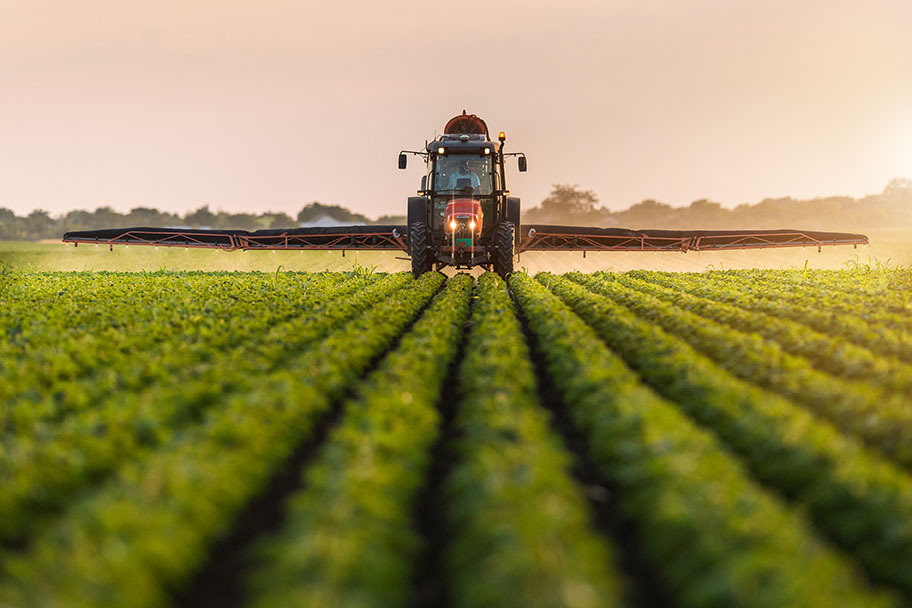
crop
Definition
A crop is a plant or plant product that is grown for food, feed, fibre, or other commercial purposes. Crops are an important part of the global economy, and they provide food for billions of people around the world.
There are many different types of crops, including:
- Cereal crops: These crops are grown for their seeds, which are used to make bread, pasta, and other food products. Some common cereal crops are wheat, rice, and corn.
- Vegetable crops: These crops are grown for their edible parts, such as leaves, stems, roots, and flowers. Some common vegetable crops are tomatoes, carrots, and potatoes.
- Fruit crops: These crops are grown for their edible fruits. Some common fruit crops are apples, bananas, and oranges.
- Fibre crops: These crops are grown for their fibres, which are used to make cloth, paper, and other products. Some common fibre crops are cotton, hemp, and jute.
Crops are grown in a variety of ways, depending on the type of crop and the climate. Some crops are grown in fields, while others are grown in greenhouses or hydroponically.
Crops are an important part of the global food supply, and they play a vital role in the global economy. By understanding how crops are grown and the factors that affect their production, we can help to ensure that there is enough food to feed the world's growing population.
How can the word be used?
The crop of wheat was damaged by the hailstorm.

Different forms of the word
Noun: crop.
Verb: crop, cropped, cropping.
Adjective: cropped.
Pronoun: crop.
Etymology
The word "crop" has a long and interesting etymology. It comes from the Old English word "cropp," which meant "the top or head of a plant." The Old English word "cropp" is ultimately derived from a Proto-Germanic word meaning "to cut off.".
Question
Name a variety of crops.
AQA Science Exam Question and Answer
Question:
Crop improvement is crucial for ensuring food security in a rapidly changing world. Discuss the significance of crop diversity and how genetic modification can contribute to enhancing crop traits.
Answer:
Crop improvement is vital for sustaining agricultural productivity and food security in the face of environmental challenges and an increasing global population. Crop diversity is essential as it provides a wide range of genetic traits that can be utilised to develop crops with improved characteristics.
Different crop varieties have unique traits, such as drought tolerance, disease resistance, and nutritional content. By preserving and utilising diverse crop genetic resources, scientists and breeders can create new cultivars better suited to various environmental conditions.
Genetic modification (GM) is another approach to enhance crop traits. Through GM, specific genes can be inserted or modified to confer desirable traits, such as pest resistance or increased yield. However, the use of GM crops is a topic of debate due to potential environmental and health concerns.
In conclusion, crop improvement through genetic diversity and genetic modification is essential for developing resilient and high-yielding crops capable of withstanding changing environmental conditions and meeting the food demands of a growing global population. It is vital to balance innovation with careful consideration of potential risks and benefits to ensure sustainable and responsible agricultural practices.